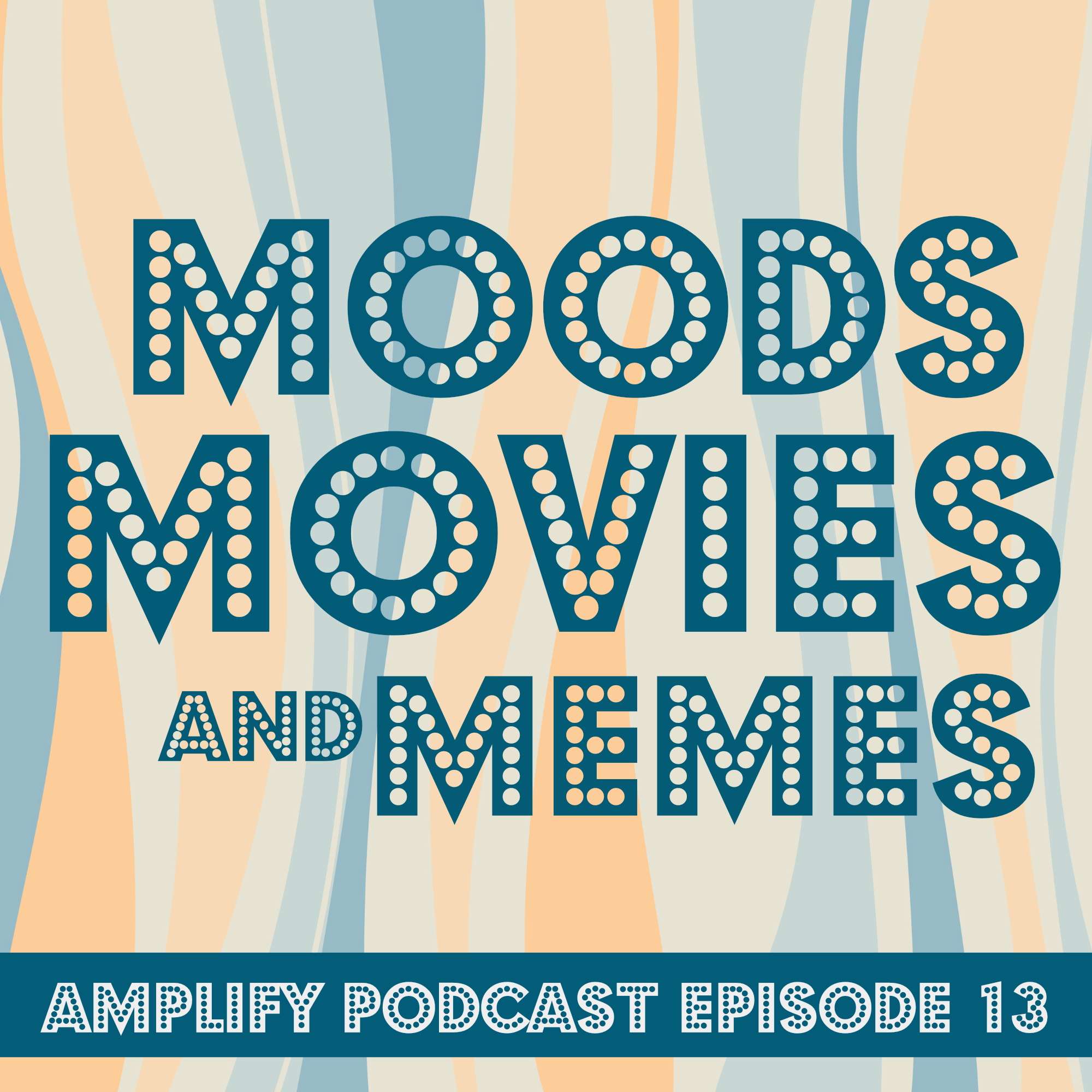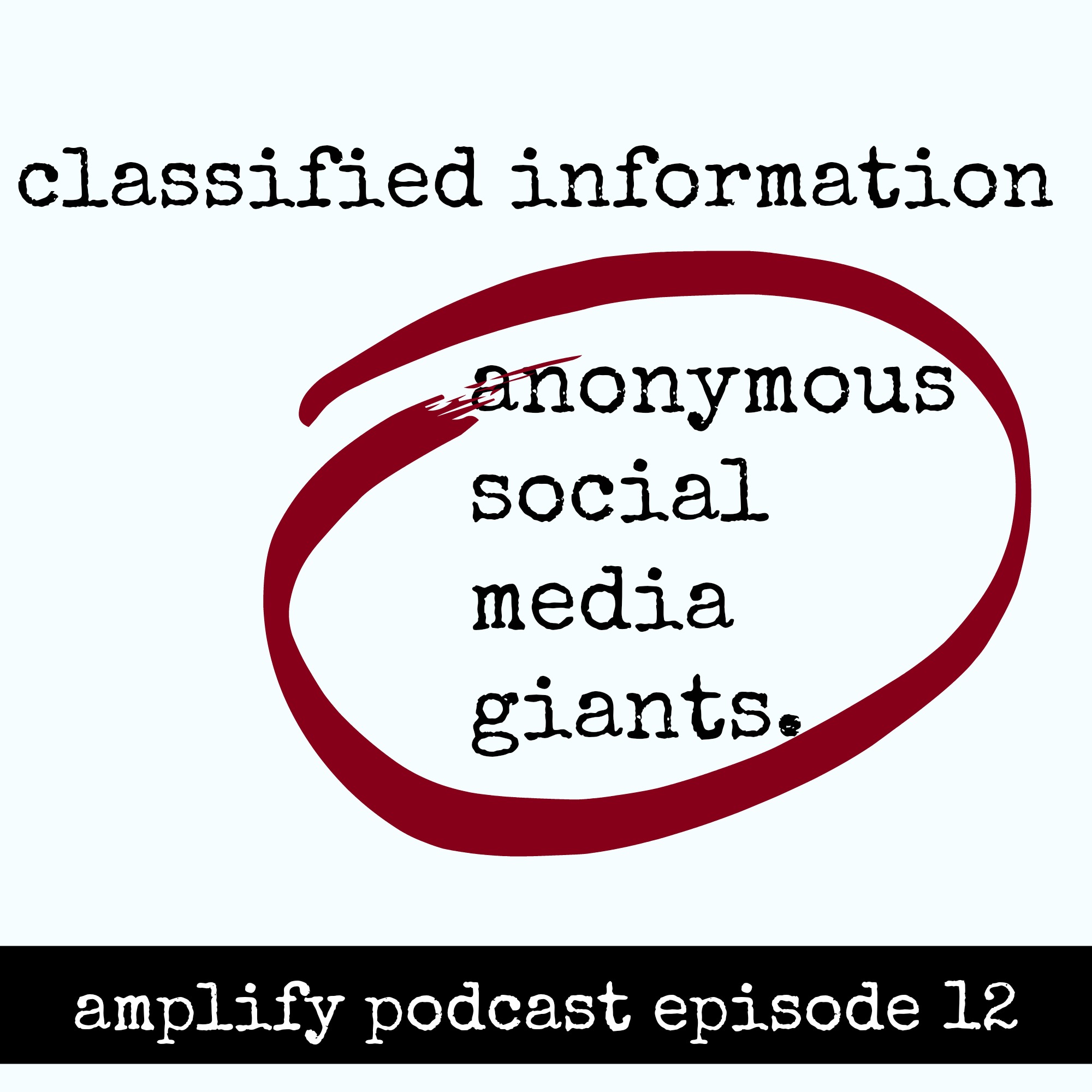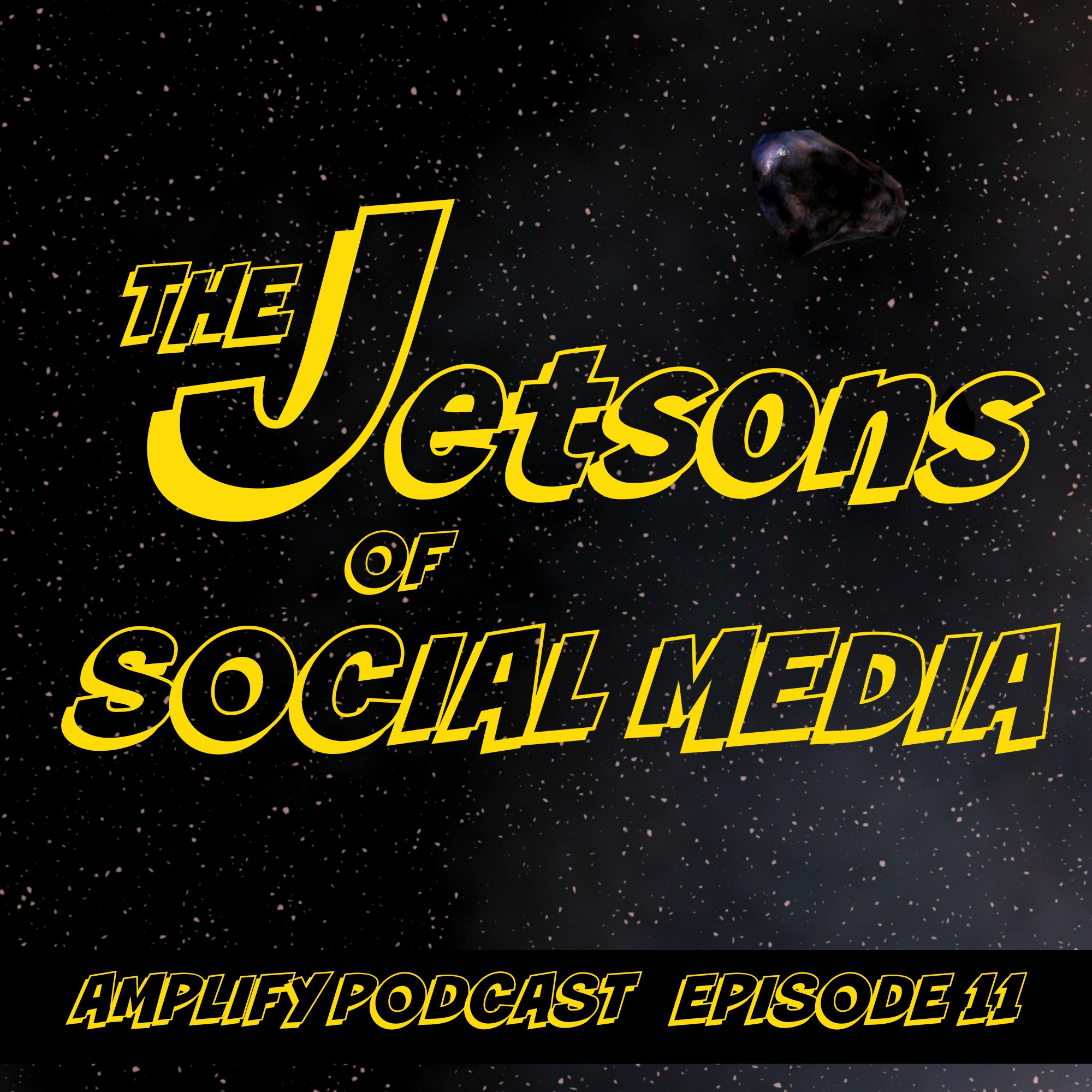Month: June 2014
Anonymous Social Media Giants
WordPress does not help SEO
WordPress does not help SEO. With all the talk about SEO plugins you might think you’re at a disadvantage without WordPress. And without the SEO plugins you might think you’re at a disadvantage compared to those who have them.
But you’d be wrong.
WordPress and SEO just aren’t related in any way.
 SEO is the process by which you prove to the search engines that you are relevant for a given topic. Wordpress itself is just a content management system. WordPress is a program like Microsoft Word, but instead of being designed to create text documents it is designed to create web content. That’s all it is. WordPress is a program that makes it easy for you to put content online. Continue reading “WordPress does not help SEO”
SEO is the process by which you prove to the search engines that you are relevant for a given topic. Wordpress itself is just a content management system. WordPress is a program like Microsoft Word, but instead of being designed to create text documents it is designed to create web content. That’s all it is. WordPress is a program that makes it easy for you to put content online. Continue reading “WordPress does not help SEO”
My Readers Don’t Want a Newsletter
In my recent article Don’t Write an E-book, there were some questions about the purpose of building a list. I believe a couple people actually said “my readers don’t want a newsletter, they already get my feed”.
In my recent article Don’t Write an E-book, there were some questions about the purpose of building a list. I believe a couple people actually said “my readers don’t want a newsletter, they already get my feed”.
 In reading those I both understand the sentiment and where you might find success creating one.
In reading those I both understand the sentiment and where you might find success creating one.
List building is a critical element of an online business. Without the ability to contact your audience “at will” do you really have an audience? Or are you the kid with the lemonade stand on the side of the highway, just interacting with the traffic when it slows and rolls down the window?
I totally agree with the idea that there is no place or time for a “general newsletter” anymore. Especially for an active audience engaging with the feed and Facebook. Sure your grandma will read your newsletter, but most people will open it 45% of the time for the first two months then only open the seasonal ones.
Suppose you were to write a couple gluten free recipes and you get quite a few nice comments from that. That would be telling that you have an audience appreciative of gluten free recipes. Perhaps you could type those up and offer them as a “kitchen printable”. If you had them “opt-in” with their email to get this printable, you’d start to develop a “gluten free specific” list.
This would be a group that has a certain affinity to which you could learn more about. You could learn the phases of being Gluten Free. You could echo what sucks about being Gluten Free and what’s great. You could put together a pretty good email program, specific to that part of your audience, with recipes, books, blog posts, ideas, images, and more to serve them. Your entire audience might not be interested in that, but your Gluten Free fans would.
Let’s do a quick test, which of these do you open?
FROM: GAP
SUBJECT: January Newsletter
FROM: GAP
SUBJECT: 40% Off the Khaki Jeans you like
Parsing your list into affinity groups means every message is relevant. Every “newsletter” has meaning. Your open rates go up, your click through rates go up, your income goes up. If you want to learn more about List Building, Phil Hollows of Feedblitz wrote a great book on the topic. You can read more about that here: List Building for Bloggers.
Is it more work? It can be, but there are lots of ways to automate list building, parsing lists and email marketing to make it both easier for you and a better experience for your audience. If you would like to learn about the automation part, let me know in the comments and we’ll tackle that next.
Dan R Morris is the founder of LettersFromDan.com, a website dedicated to improving your revenue stream from online efforts. Dan is an infomercial producer, niche website owner, product developer, author and Mastermind leader. Dan actively encourages marketers to take that extra step so that “Hope” doesn’t become the marketing plan.
The Jetsons of Social Media
Don’t Write an e-Book
No matter what I told you, or you heard from John Saddington at Savvy, or you read online somewhere. . . take “write an e-book” off your list of things to do.
No matter what I told you, or you heard from John Saddington at Savvy, or you read online somewhere. . . take “write an e-book” for your email optin off your list of things to do.
The truth is no one has e-book on their Christmas List. No one.
Are you sure?
But don’t think that means you shouldn’t be list building. Driving traffic to a list you own is very important. Imagine the few months before Facebook became big. . . there were people who had amassed quite a following on MySpace. Thousands of friends who commented on their posts and followed their advice. And then –poof– they were all gone.
When MySpace effectively died, a lot of people learned a lesson. If you don’t move your fans to your list, they’ll one day disappear.
 Now Facebook’s value is starting to falter and fewer are using Twitter as a resource. With the advent of TheFancy.com and CraftGawker, even Pinterest is facing competition. Don’t get me wrong, all of these places are great except they’re not yours. That community belongs to someone else.
Now Facebook’s value is starting to falter and fewer are using Twitter as a resource. With the advent of TheFancy.com and CraftGawker, even Pinterest is facing competition. Don’t get me wrong, all of these places are great except they’re not yours. That community belongs to someone else.
So you need to move them to a property you own, and the most effective way yet it so move them to an email list.
Then how do you get them on your email list?
That was your next question I bet. People don’t just randomly sign up for an email lists They need a reason and it’s not a reason to just get on the list. No one has “email subscription” on their Christmas Wishlist either.
People like getting something of value. They’re willing to opt-in to an email list if it has value to them. And most of the time people want immediate value. That’s why people say “write an e-book”. But that’s just wrong.
The e-book is not the answer
If you march into this task trying to write an e-book, you start with “you” in mind and not your customer. And that’s just bass ackwards.
Instead, think through what your audience wants and needs. If they want and need a coupon calculator, have them opt-in to get that. Don’t try to turn a coupon calculator into an e-book. If you think your audience would love some inspirational quotes to hang on their wall, make a printable .pdf poster and have them opt-in to get that. Don’t force them to read the quotes in an e-book.
If your audience wants a saving money checklist, have them opt-in to get that. Don’t make it a 13 chapter read if they just want the checklist.
BUT if you think they could use 7 concrete reasons why they shouldn’t do x, y or z . . . then by all means create an e-book. But don’t make the e-book the goal, just be happy if that’s the solution.
Just to get you thinking, here’s a bunch of things you could create for your customers (other than an e-book):
- create an ecourse. . .
- use Kunaki to send an audio cd. . .
- host a teleseminar. . .
- write a manual. . .
- offer a downloadable mp3. . .
- design a nice pdf. . .
- create a printable. . .
- do a giveaway. . .
- jot down some eNotes. . .
- offer 1 on 1 consulting. . .
- provide a homestudy course. . .
- proctor a membership site. . .
- invite personal mentoring. . .
- pack and send a thumbdrive. . .
- design a poster . . .
- mail them a dvd. . .
- show them it’s easy with a mini guide. . .
- compile technical information in a special report . . .
- update them with a bulletin. . .
- tease with an informational pamphlet . . .
- help them organize with a checklist or comparison chart. . .
- wow them with a handy excel calculator. . . .
- OR WRITE AN EBOOK!
That’s not your job
It’s not your job to cram a square peg into a round hole. It’s your job to find the shape of your customers’ void and fill that with the perfect solution.
Dan R Morris is the founder of LettersFromDan.com, a website dedicated to improving your revenue stream from online efforts. Dan is an infomercial producer, niche website owner, product developer, author and Mastermind leader. Dan actively encourages marketers to take that extra step so that “Hope” doesn’t become the marketing plan.
Choosing a Monetization Model
Big companies have entire departments dedicated to their monetization model and regularly discuss pricing strategies, cost cutting measures, and increasing the number of income opportunities. How much time have you spent on your monetization model? Have you ever pushed the computer away, sat down with 5 friends you trust and really talked through the different ways to drive income?
 One of the most important parts about choosing a monetization model is understanding your role in the world. What purpose do you serve to your followers, to your customers? Then in what ways can you be a better steward to them and can you monetize that value?
One of the most important parts about choosing a monetization model is understanding your role in the world. What purpose do you serve to your followers, to your customers? Then in what ways can you be a better steward to them and can you monetize that value?
For instance, have you considered a membership site?
I am a customer of Rick Radditz. He’s always created great tools to make me a more efficient business owner. From him I learn business strategies and appreciate getting his opinion on my business decisions. Well a couple years ago he thought another way to serve his audience would be to provide recommendations on business books.
But instead of just writing business book reviews, he wanted to add value – add his own thoughts on the book and provide insights in how to apply the books’ main points to your business. So he created a membership site called BizBookInsights.com where he does just that. For me it is a logical progression working with Rick and for him a new monetization model and opportunity.
A friend of mine in Houston, Texas maintains a Youth Ministry membership website that provides sermons and Sunday School ideas to its 30,000 members on a weekly basis. Because it is a $3.99 monthly micro-continuity plan, it is easily affordable to many. From a monetization standpoint micro-continuity requires big numbers but has the benefit of a very low cancel rate.
BizBookInsights.com is a one-time fee membership, different than the monthly subscription in the other. Sometimes membership sites are free to join but have paid higher benefits. And others are fixed-term membership sites like 90-day weightloss challenges and 6-month book clubs. There are lots of different ways to configure a membership plan. In the end that depends on how you want to meet your audiences goals.
What are some other monetization models?
Advertisements are typically the first on everyone’s mind, but there are many different kinds of advertising you can do. Here are some of the examples we’ve explained recently:
- Earn money by selling space for Private Ads on your site.
- Monetizing with in-line, in-text ads
- Becoming a part of an visual display network
- Google Adsense is a great way to monetize traffic. It doesn’t typically make your audience smarter but a certain percentage click on ads for revenue.
For the most part 3rd party ads are based on the content of your page and try to be relevant to your audience – but not typically directed by you. You do have the option of providing ads specific to your audience in an effort to serve their needs. Some of those include:
- Writing book reviews and recommending products is a great way to use affiliate marketingas a monetization tool.
- Similar to affiliate marketing, ads like Coupons.com are often the reason your customers come to your site.
Finally, some companies actually pay for content to be placed on your blog. Some want you to include it at no charge and thus writing sponsor posts means you have to make a decision. Should I charge or do it free?. That’s up to you.
In coming months we’ll talk more about different monetization models to help you expand your opportunities and give you new ways to serve your community. What monetization models would you like us to explore deeper?
Dan R Morris is the founder of LettersFromDan.com, a website dedicated to improving your revenue stream from online efforts. Dan is an infomercial producer, niche website owner, product developer, author and Mastermind leader. Dan actively encourages marketers to take that extra step so that “Hope” doesn’t become the marketing plan.







